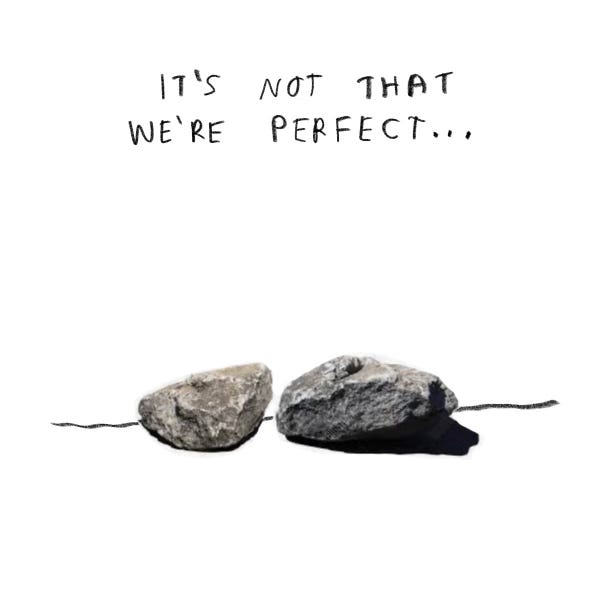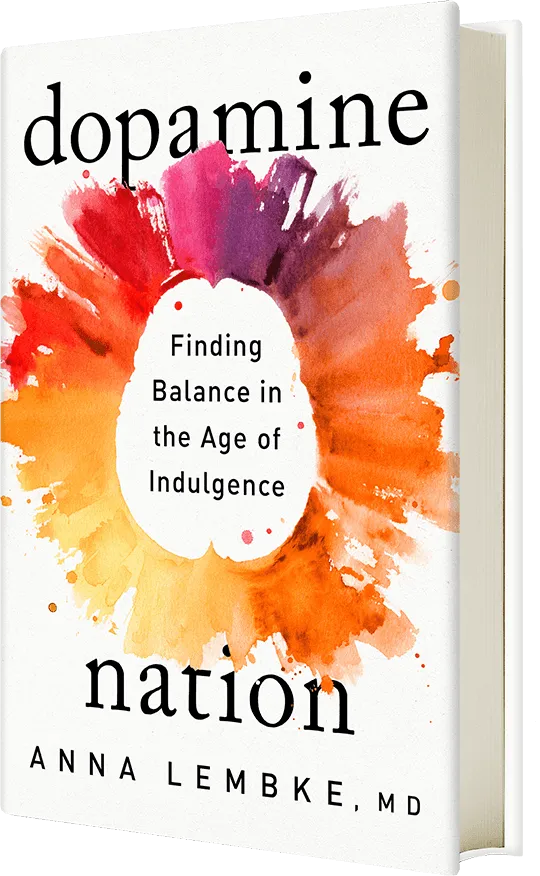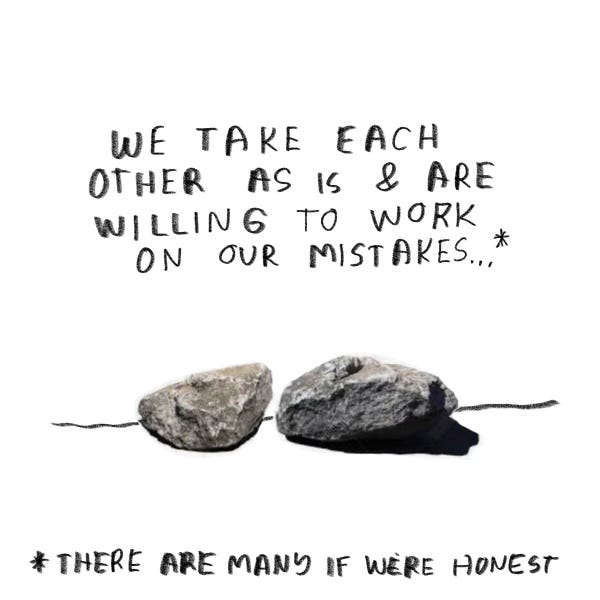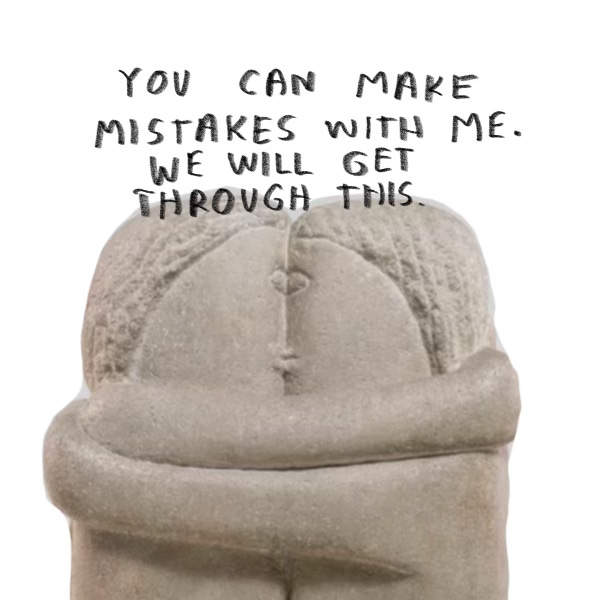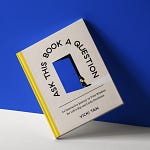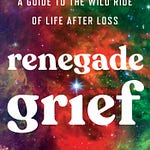I grew up thinking that addiction was not something that ran in my family. So I didn’t have to worry about it. My parents were both not really into drinking. My grandparents had been raised in the Depression and had seen the damage that alcohol could do on families and were so scared of it that they didn’t drink.
When I came of age, I was not interested in it. I tried it. I have been drunk. I think the first time was when I was traveling abroad at 16. I don’t remember the details of the event, but I do remember slamming my head on the floor over and over and asking to have sex (even though I had never before) with a guy I had just met. He said no. I was lucky. I didn’t feel that way at the time. I woke up feeling rejected and physically ill.
This could have gone so many ways, but when I returned home to the States, and no longer had access to alcohol, I just didn’t drink. I thought I was free from that and hard drugs, due to the times I had had painkillers. I was not crazy about them because I enjoyed pooping. And on them, basic body functions shut down.
But I am dealing with addiction. To my phone.
And I wanted to understand why. And what I could do about it. Anna Lembke is a psychiatrist who studies addiction at Stanford University. Her book, Dopamine Nation changed my life. I say that in the respect that it altered the framework in which I understand how pleasure and pain work. We need both for balance in our brains.
We are all living in an age where we have immediate access to high reward and high dopamine stimuli. It might be drugs, it might be romance novels, gambling, it might be social media, or news feeds. Whatever it is, it is something that is accessible and lurking within your reach, providing little (or big) hits of dopamine. These drug-ified stimuli keep us ever in need of more to return to a balanced state.
Dopamine was first discovered in the 1950s as an important neurotransmitter for motivation and reward processing. Mice that were not able to produce it stopped eating. No longer taking enjoyment in food. Depression is a state in which we are in chronic dopamine depletion. There are more neurotransmitters involved, but most people agree that dopamine is important in processing pleasure.
Are you finding yourself checking your phone as the first thing and last thing that you do each day? Are you taking less pleasure in things that you thought you valued? I am. And I don’t like it.
Anna takes the science of desire and the wisdom of recovery programs to find balance in the brain. She believes that to take pleasure again, we need to balance it with healthy pain. For example, exercise, intermittent fasting, or cold plunges. Or dopamine fasting for 30 days. She doesn’t think that more pleasure is the answer to our ever-pain-avoidant culture.
“Mutual honesty precludes shame and presages an intimacy explosion, a rush of emotional warmth that comes from feeling deeply connected to others when we’re accepted despite our flaws. It is not our perfection but our willingness to work together to remedy our mistakes that create the intimacy we crave.”
The first step, is being honest. Truth-telling and lying are both contagious. Having a place where you can go and be totally honest and still be accepted is important. Radical honesty is a path to your authentic self. Lies are a lot of work, and telling the truth helps free up your cognitive load. It also helps you feel closer to people.
We are all in recovery. How can we see each other with more compassion and empathy within our increasingly black and white, right and wrong world? By seeking to understand each other, we naturally tend to care for each other. I don’t want to change your mind, I am just curious why you are the way you are.
Run towards the hard stuff – find ways to immerse yourself in the life you have been given. There is something so profound in our experience of the spectrum of emotions. Something human, that we are longing for, can be re-discovered.
Love, Carissa
PS This podcast is self-funded by me. Because I love talking to people who I believe in, I am so lucky they say yes. With help from Stephanie Tsou (you rock!!!), Mark McDonald (he helps make people’s podcast dreams a reality) and my lovely sister/soulmate, Officially Quigley did the music.



